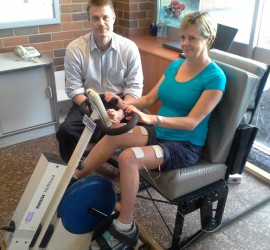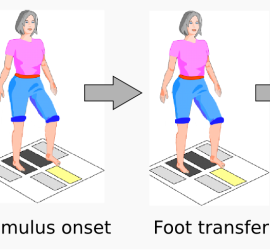Motor Impairment on an international stage
On November 26, some of the finest minds in medical science will meet in Sydney, Australia to discuss the latest research on motor impairments – the diseases or health conditions that disrupt function of the human motor system (brain, nerves, and muscles) and cause physical disability. The event that will […]









